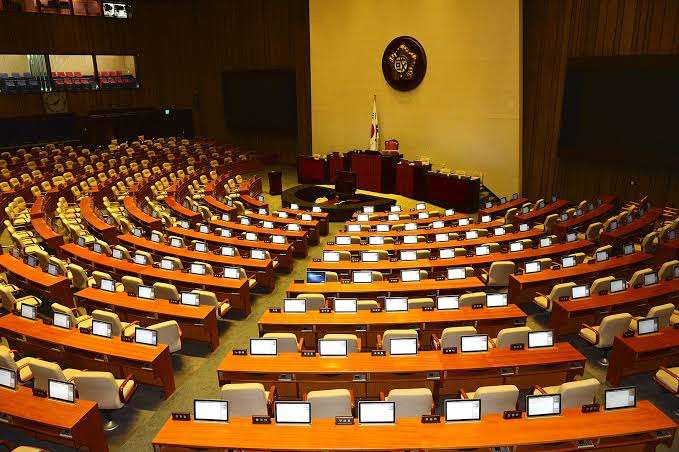
South Korean Legislators Face Scrutiny Amidst $100M Trading Frenzy
Legislators in South Korea are not merely engaged in policy debates; they are also following the volatile cryptocurrency markets.
The Anti-Corruption and Civil Rights Commission (ACRC) has recently conducted an investigation that implicates former Democratic Party insider and independent representative Kim Nam-kuk as the crypto mastermind.
Nam-kuk is single-handedly responsible for nearly 90% of the enormous $100 million that legislators traded in cryptocurrencies.
In aggregate, the legislators possessed 107 distinct varieties of virtual assets, with Bitcoin being the most widely used.
From May 2020 to May 2023, Kim engaged in transactions totaling 111 billion won ($85 million).
The cryptocurrency dealings of Kim incited the parliamentary ethics committee to contemplate disciplinary measures against him earlier this year.
Amidst proceedings at the National Assembly, the Ethics Investigation Advisory Committee scrutinized the irregularities in Kim’s considerable virtual asset holdings and his trading in cryptocurrencies.
The commission determined that the trading activities did not contradict the conflict of interest prevention law, notwithstanding the controversy.
The most recent inquiry encountered certain constraints in that it failed to encompass the asset holdings of family members of legislators or transactions conducted via cryptocurrency exchanges located overseas.
The ACRC has suggested that the National Assembly enact a regulation requiring legislators to disclose their virtual asset holdings.
For instance, no specific laws prohibit lawmakers from possessing or transacting cryptocurrencies in the United States.
Nevertheless, following the STOCK Act, which mandates the disclosure of all financial transactions, including those involving digital assets, they must comply with stringent disclosure requirements.
Legislators in certain nations, such as Germany and France, must disclose their financial holdings, including cryptocurrencies.
Legislators engaged in cryptocurrency trading are not subject to specific regulations in the United Kingdom; however, they must disclose any financial interests deemed pertinent to their political endeavors.
